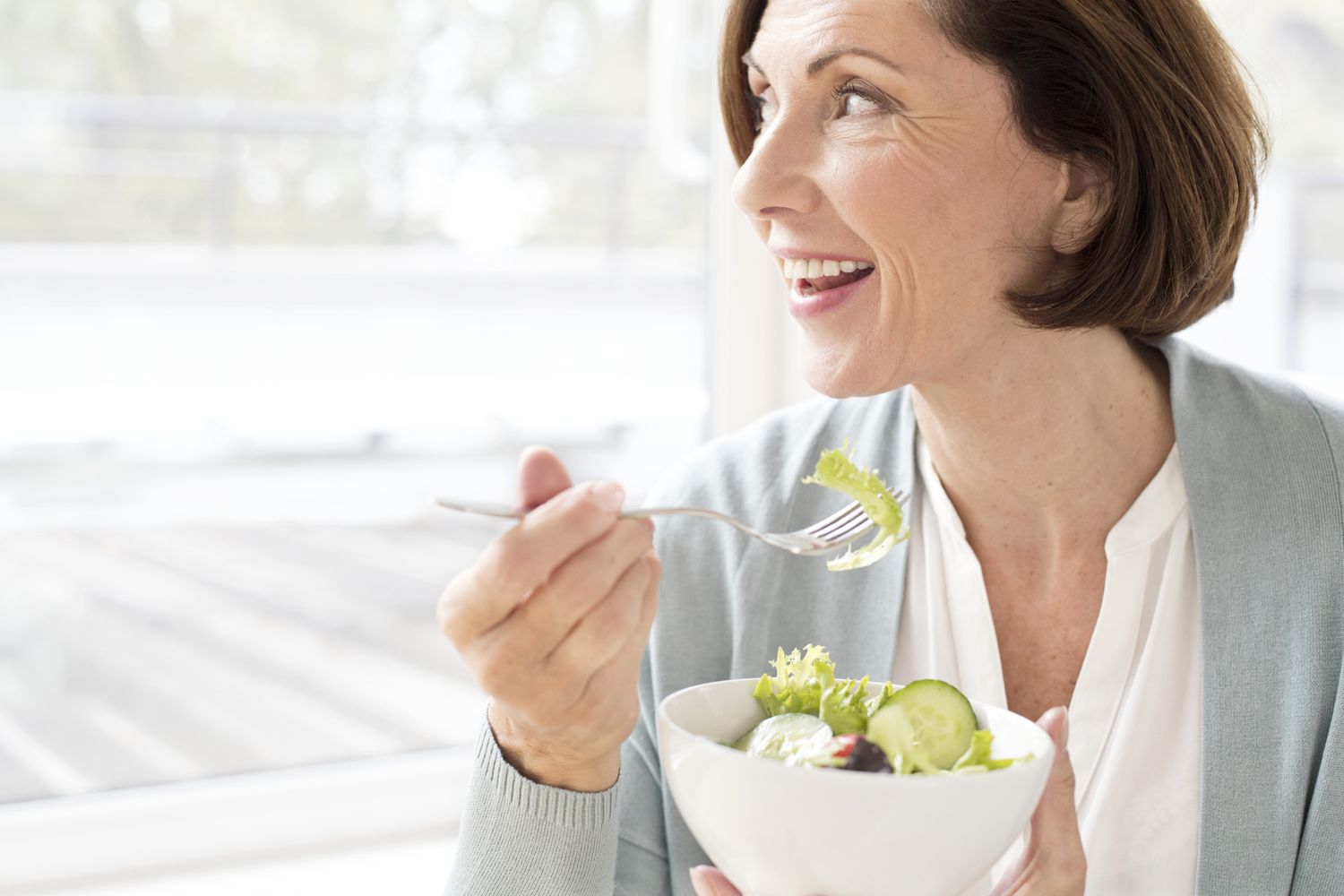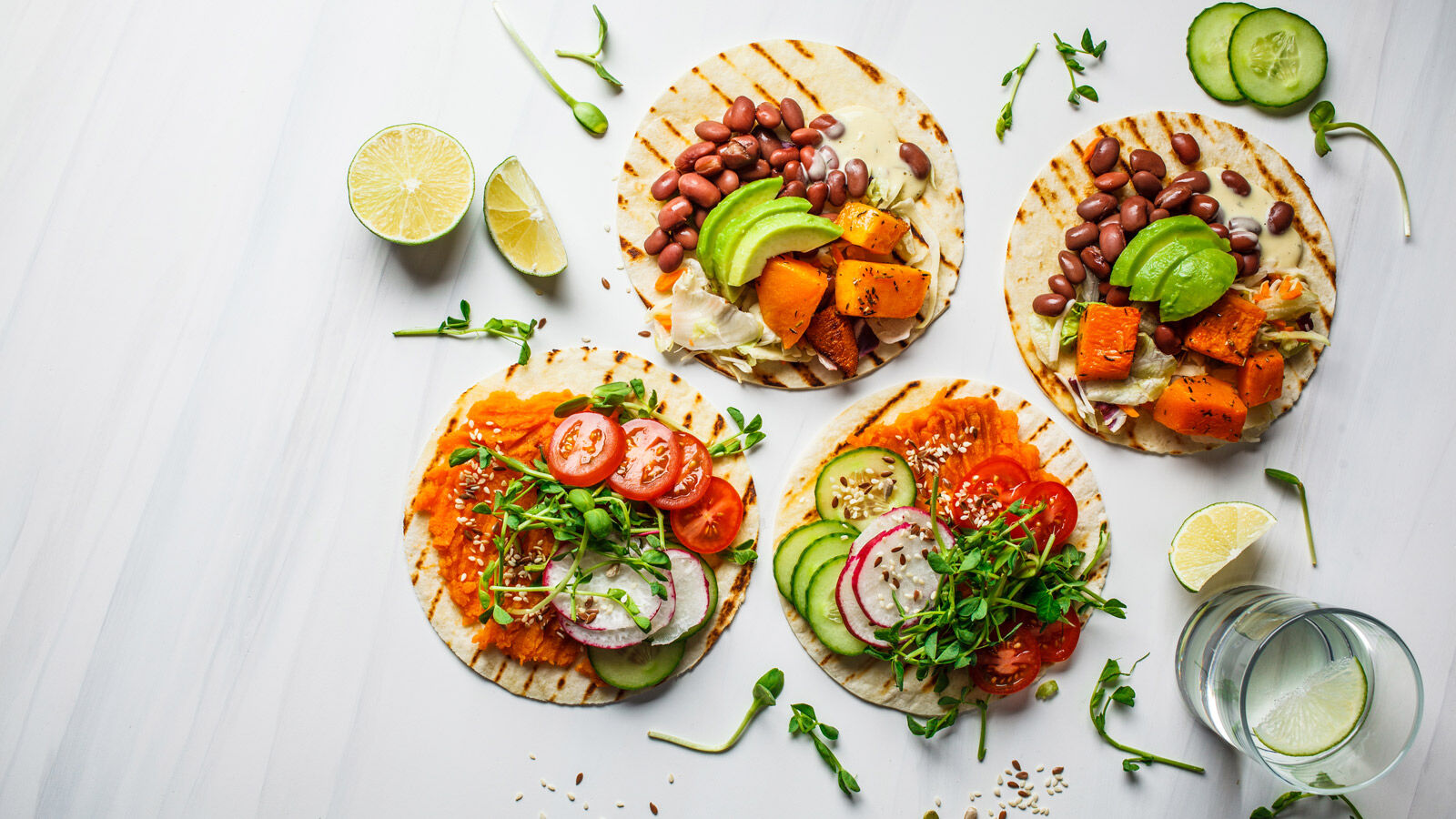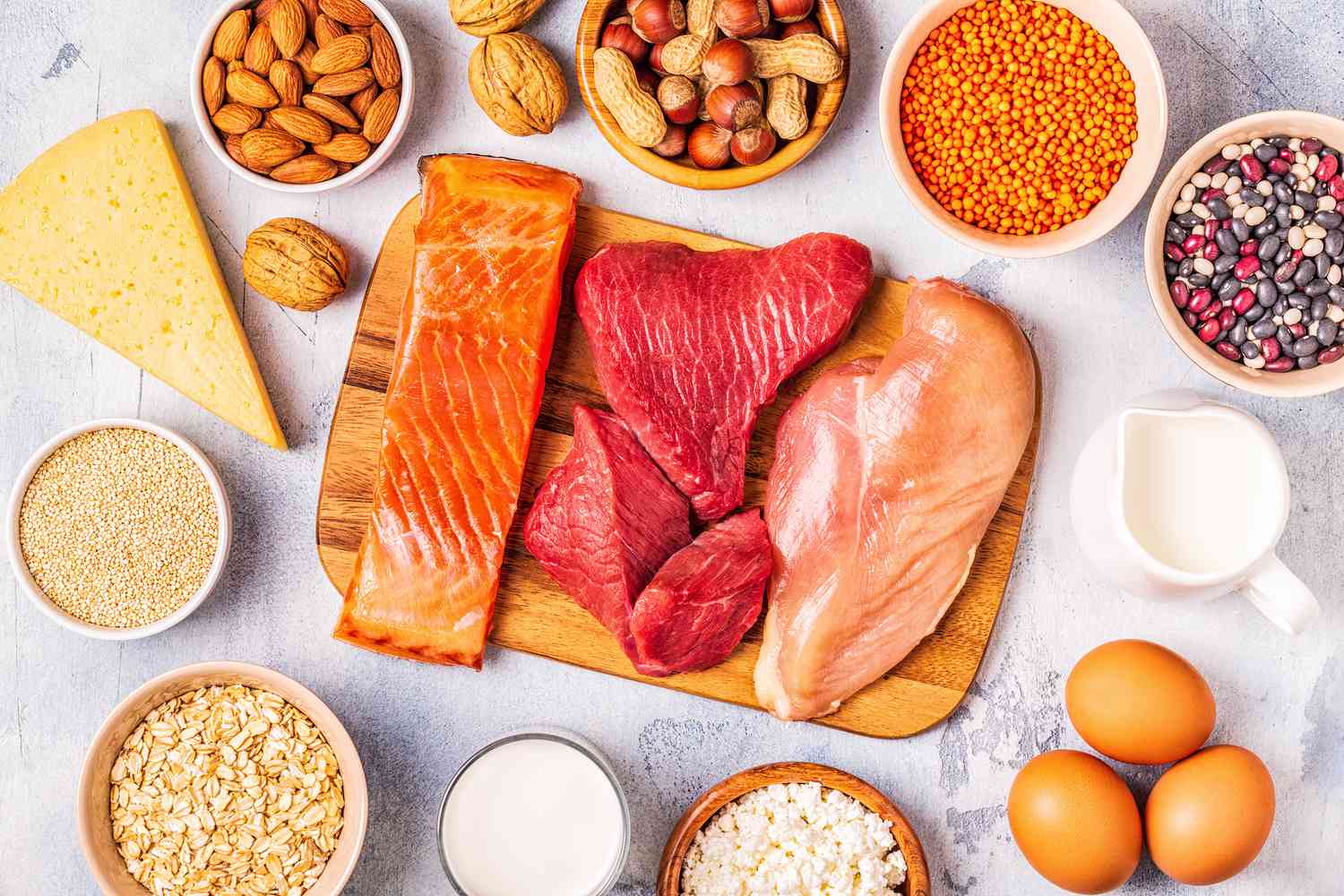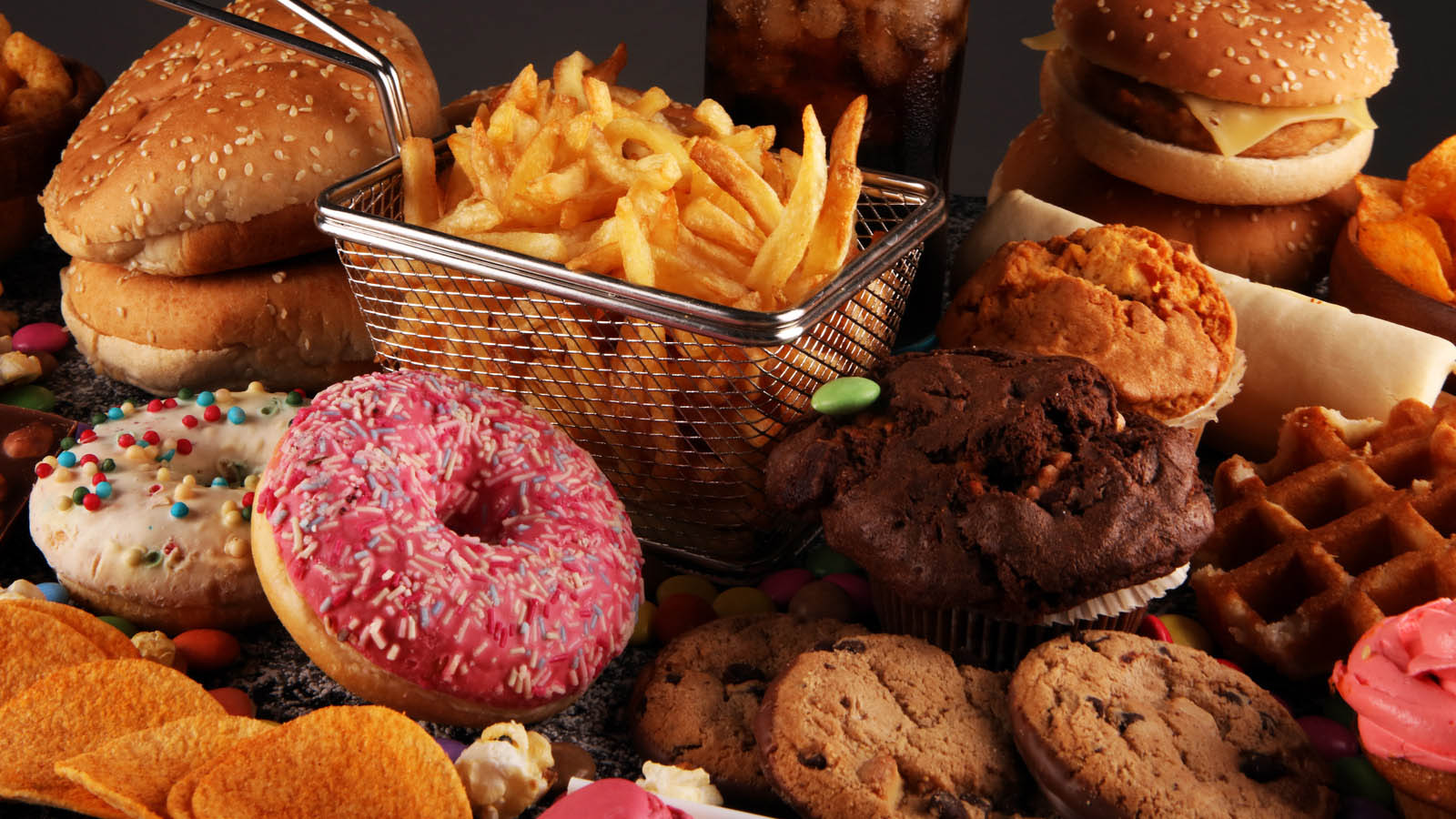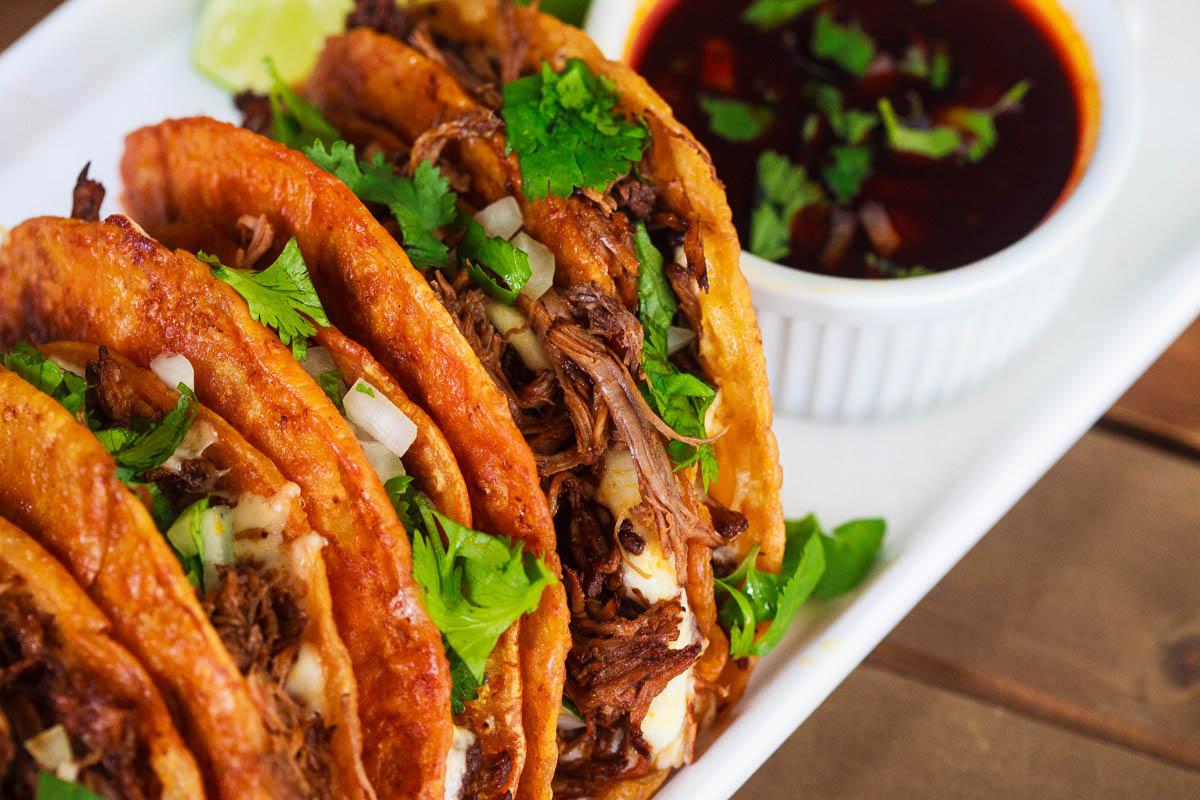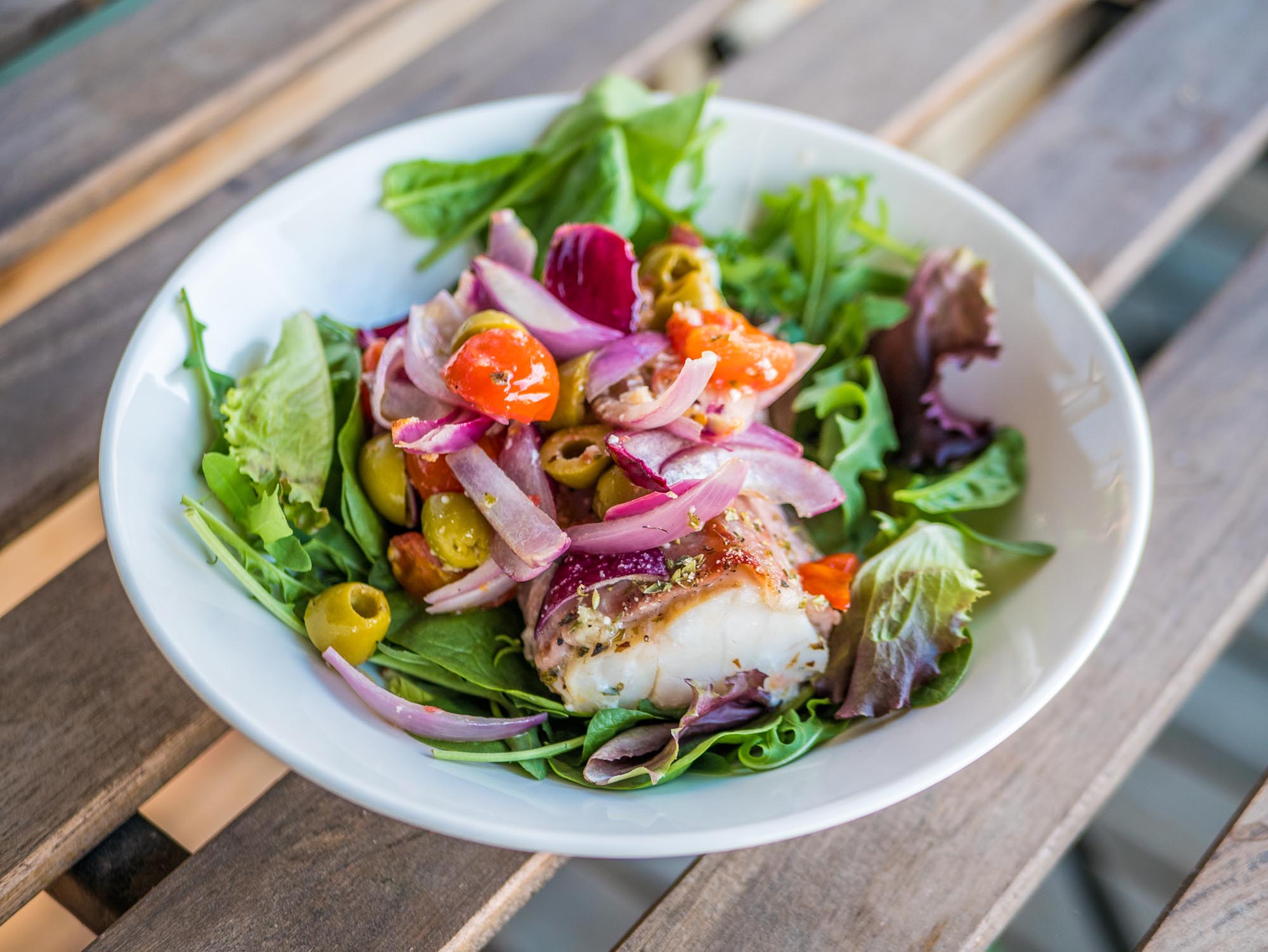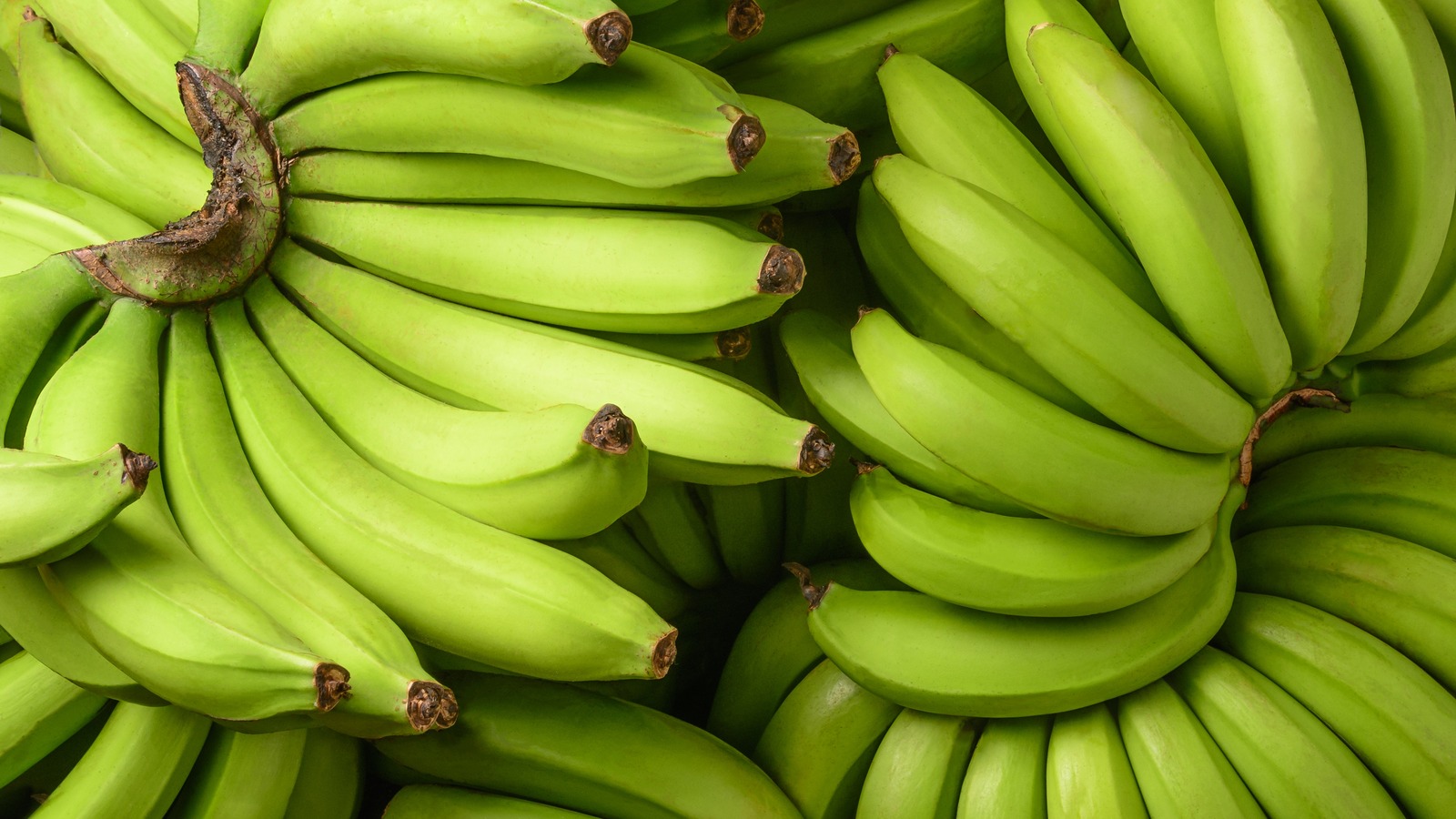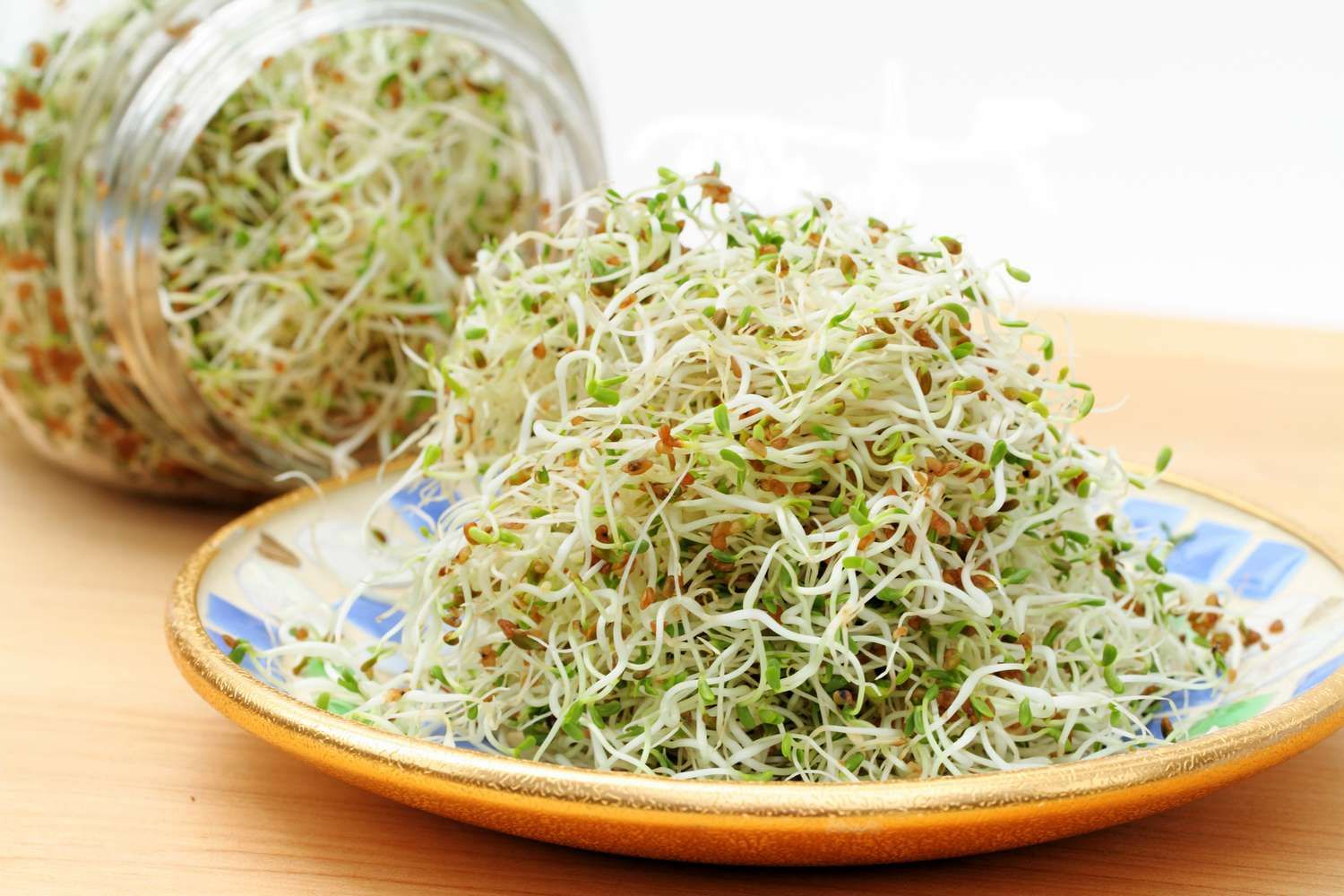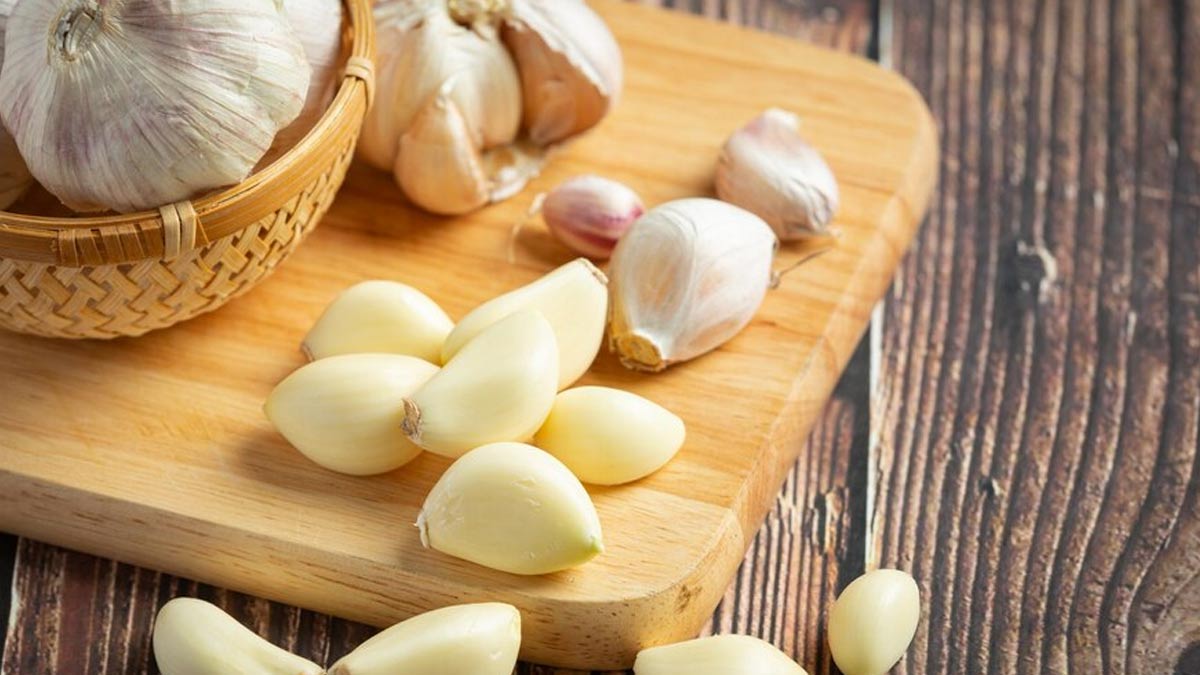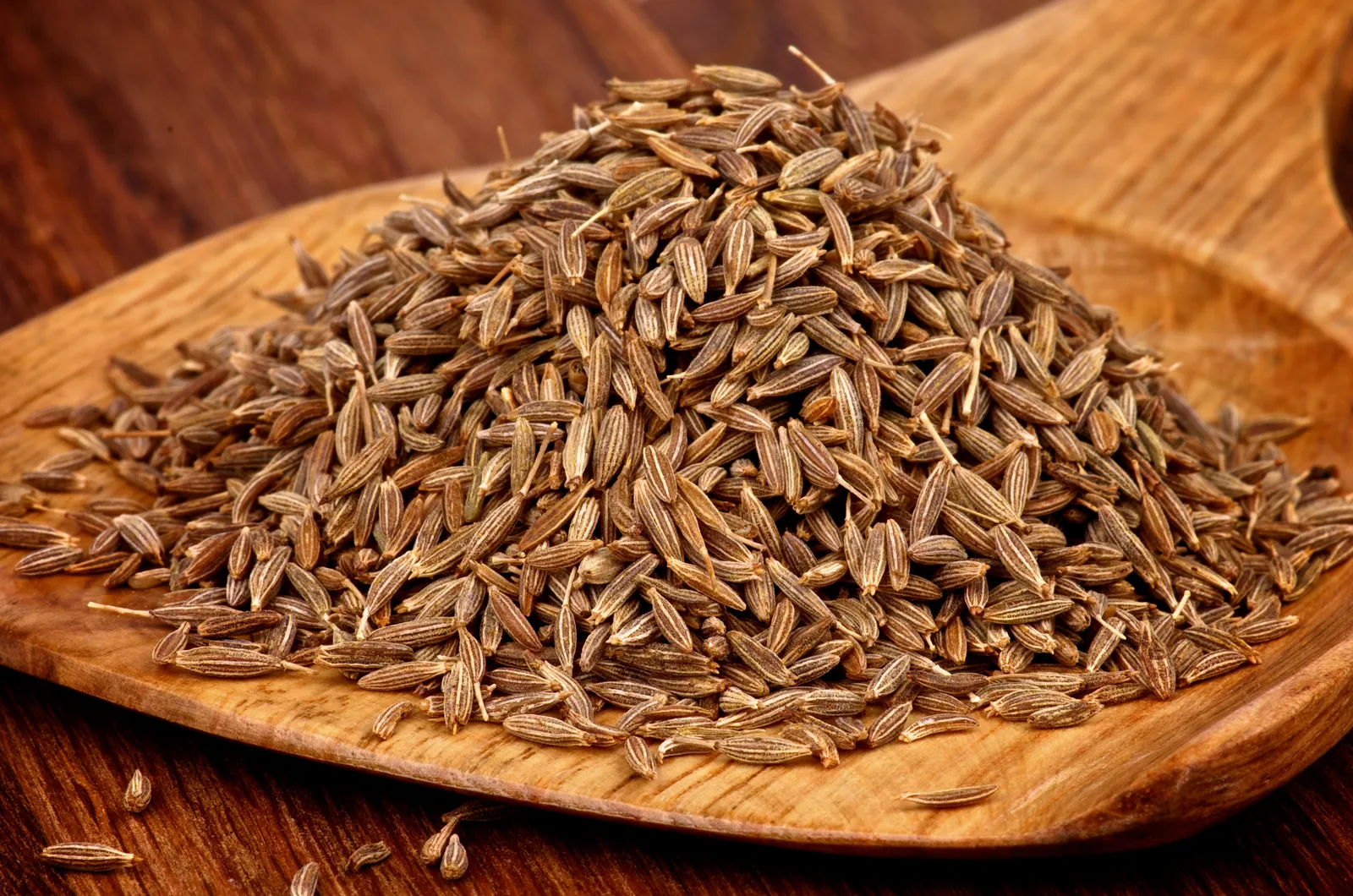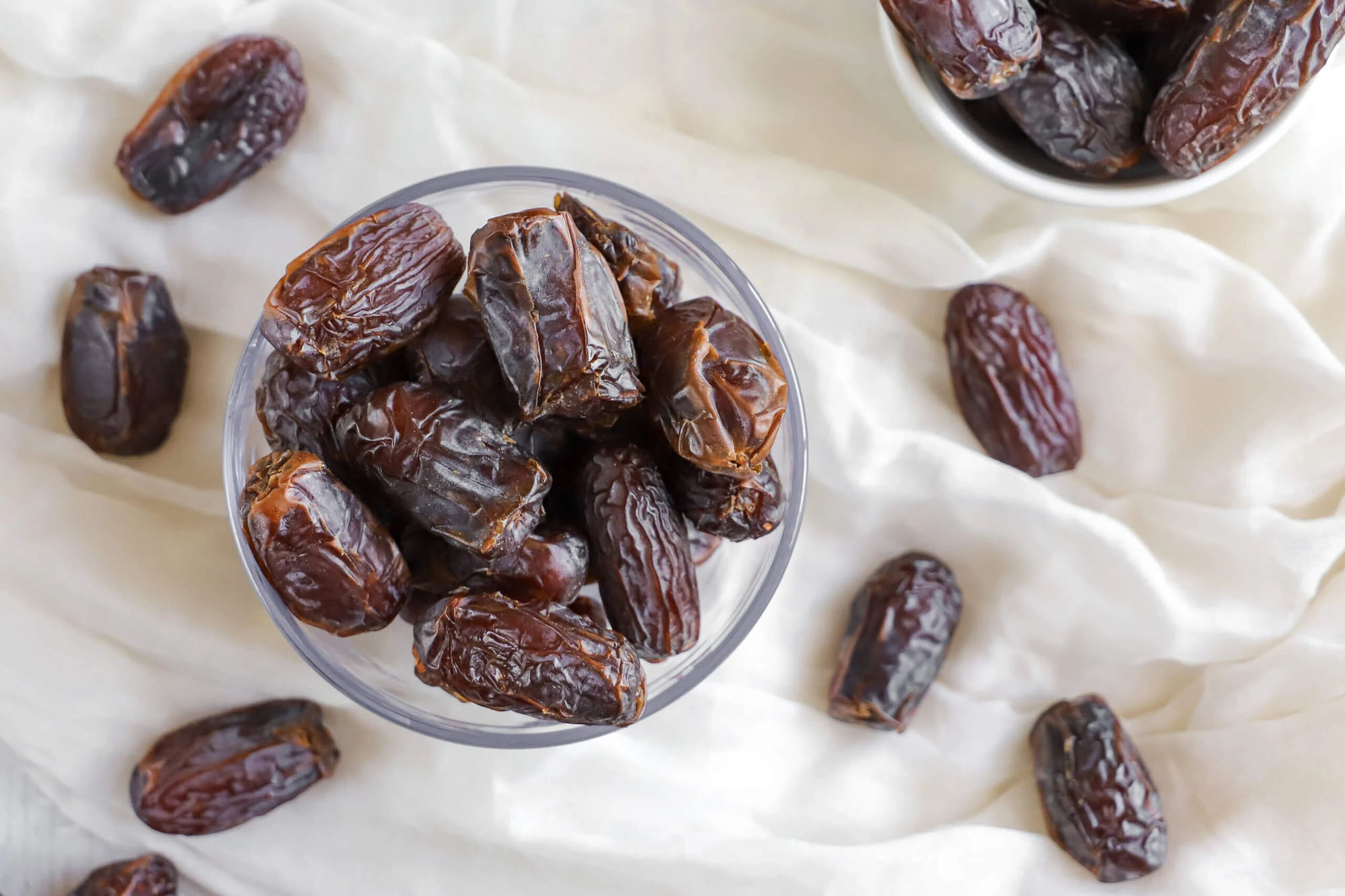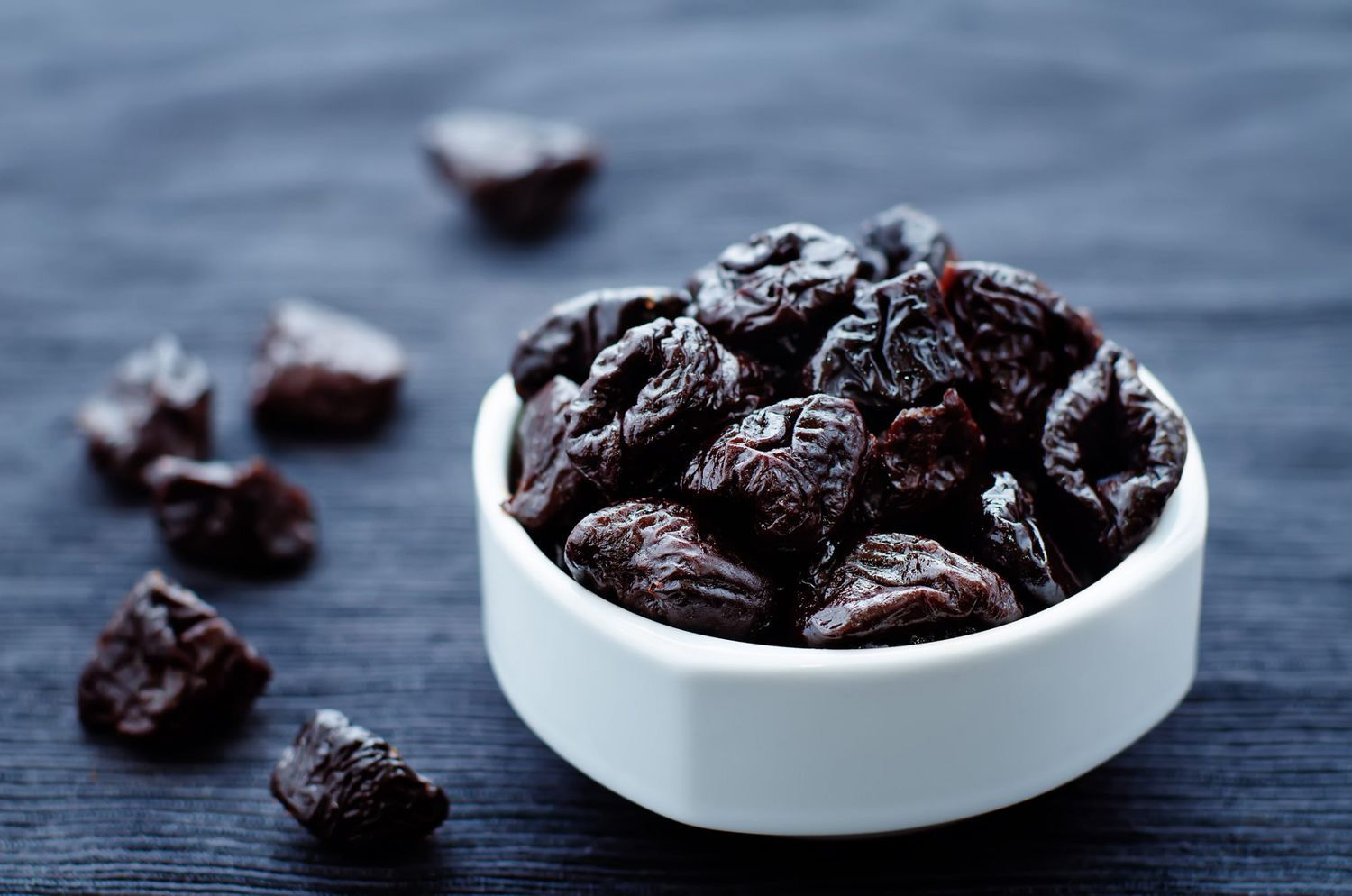Getting Enough Protein as a Vegetarian
As a vegetarian, getting enough protein in your diet is essential for maintaining good health and supporting muscle growth and repair. While many people believe that it’s challenging to meet protein needs on a vegetarian diet, it’s entirely possible to consume 100g of protein a day without eating meat. Here are some tips to help you reach your protein goals while following a vegetarian diet.
Include High-Protein Plant Foods in Your Diet
There are plenty of plant-based foods that are rich in protein. Incorporating these foods into your meals can help you meet your daily protein requirements. Some of the best sources of protein for vegetarians include:
- Lentils: One cup of cooked lentils contains around 18g of protein.
- Chickpeas: A cup of chickpeas provides approximately 15g of protein.
- Quinoa: This pseudo-grain offers about 8g of protein per cooked cup.
- Tofu: A 3-ounce serving of tofu contains around 8g of protein.
- Greek Yogurt: Opt for Greek yogurt, which can provide up to 20g of protein per 6-ounce serving.
- Tempeh: A 3-ounce serving of tempeh offers about 16g of protein.
- Edamame: One cup of edamame contains around 17g of protein.
Plan Your Meals Carefully
To ensure that you’re getting enough protein each day, it’s important to plan your meals and snacks carefully. Try to include a source of protein in each meal, whether it’s through legumes, tofu, tempeh, or dairy products. For example, you could start your day with a protein-packed smoothie made with Greek yogurt, have a quinoa and chickpea salad for lunch, and enjoy a lentil curry for dinner.
Snack on Protein-Rich Foods
Snacking on high-protein foods can also help you reach your daily protein target. Keep snacks like nuts, seeds, and edamame on hand for a quick and convenient protein boost between meals. A small handful of almonds or a serving of hummus with veggie sticks can add extra protein to your daily intake.
Consider Protein Supplements
If you’re struggling to meet your protein needs through whole foods alone, you might want to consider incorporating protein supplements into your diet. There are many plant-based protein powders available, such as pea protein, hemp protein, and brown rice protein, which can be added to smoothies, oatmeal, or homemade energy bars to increase your protein intake.
Combine Foods to Create Complete Proteins
While most plant-based foods don’t contain all the essential amino acids, you can easily create complete proteins by combining different sources of protein throughout the day. For example, pairing beans with rice or eating whole grain bread with peanut butter can provide your body with all the essential amino acids it needs for optimal protein synthesis.
Final Thoughts
Meeting your protein needs as a vegetarian is entirely achievable with some careful planning and consideration of the foods you eat. By including a variety of protein-rich plant foods in your diet and paying attention to your daily intake, you can easily consume 100g of protein a day without relying on meat. Remember to listen to your body and make adjustments as needed to ensure that you’re getting the nutrients you need to thrive on a vegetarian diet.
More Delicious High-Protein Vegetarian Recipes to Try
For those looking to incorporate a high-protein vegetarian diet, the above list offers a plethora of options. From the robust flavors of Explore Spicy Thai Peanut Tofu Recipe to the refreshing simplicity of Try the Chickpea and Avocado Salad, there's something to satisfy every palate. It is recommended to try the Start Your Day with Greek Yogurt Breakfast Bowls for a protein-packed start to the day. The Discover the Tempeh Reuben Sandwich offers a delightful twist on a classic, making it a must-try for both taste and nutritional benefits.
